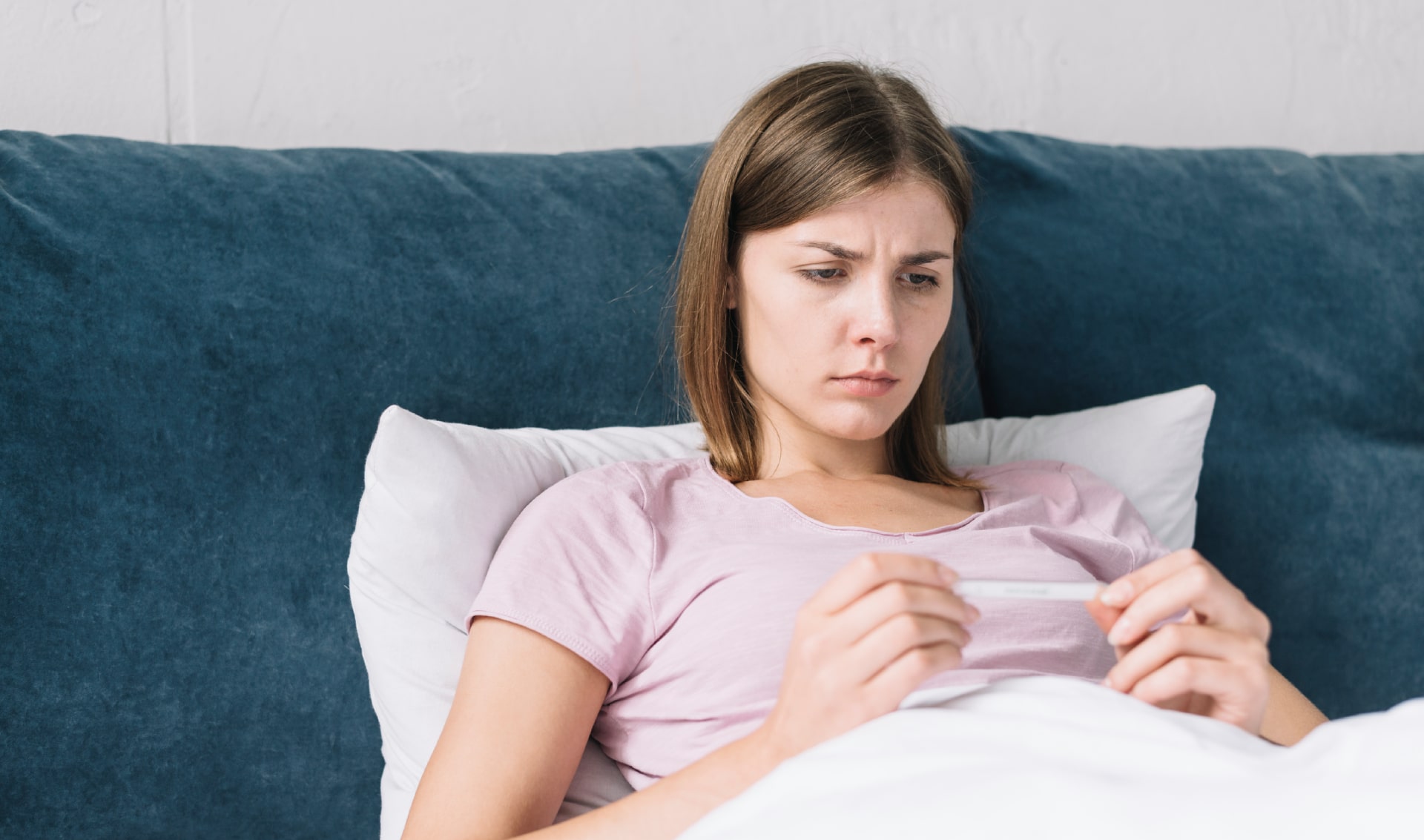Fertility After Pregnancy Loss
Miscarriage or spontaneous pregnancy loss is painful to endure. While many people may take months and years to fully heal, others may be eager to try for a baby as soon as possible. During this time, it’s crucial to have transparent conversations, identify your emotional needs, and consult trustworthy sources to answer your questions. Many people, for example, wonder whether pregnancy loss might impact their future fertility. In this article, we’ll discuss fertility after pregnancy loss, including how soon you can start trying to conceive and all the reasons for waiting or not waiting.
Pregnancy loss is more common than you think
Spontaneous pregnancy loss occurs before the 20th week. Most pregnancy losses happen because the baby isn’t developing normally. Usually, the main cause of pregnancy loss is chromosome problems. Such issues are more common as women age. Sometimes, certain health conditions (autoimmune disorders, blocked fallopian tubes, and Polycystic ovary syndrome amongst others) may lead to pregnancy loss. However, often, the causes are unknown.
It may seem that pregnancy loss is a one-in-a-million event. But, the truth is, it’s more common than you think. Evidence shows that pregnancy loss happens in around 10% of all clinically recognized pregnancies. Quite possibly, the actual number is as high as 26%. About 80% of pregnancy losses happen within the first semester.
If it’s so common, then how come you haven’t heard about this? The truth is that pregnancy loss is not widely talked about. Many people might struggle to discuss it due to a combination of factors, including fear of social stigma and the painful nature of the situation.
Does pregnancy loss impact your fertility in any way?
If you ask Dr. Google, chances are you’ll find conflicting information. Some sources claim that women are more fertile during the menstrual cycle following a pregnancy loss, while others rule it out as a myth. What it’s crucial to bear in mind is that pregnancy loss does not cause infertility.
Multiple pregnancy losses (repeated miscarriages), however, might be a sign of underlying fertility issues. According to medical professionals, after two consecutive pregnancy losses, the risk of another loss increases to about 28%. And, after 3 or more consecutive losses, the risk of yet another loss is 43%. Yet, repeated miscarriages are extremely rare and just around 1% of women experience them. If this is your case, consult with your healthcare provider to discover what is causing it and learn about your options.
Generally, pregnancy loss is a one-time occurrence. Women with no underlying fertility issues go on to have healthy pregnancies.
How soon after a pregnancy loss can you try to conceive?
Doctors tend to recommend waiting two to three months to conceive again. People may ovulate as soon as 10 days after the pregnancy loss process is over. However, the menstrual cycle may take around 2 months to return. Waiting for a full and regular menstrual cycle ensures that the pregnancy hormone hCG has dropped to levels so low that it is no longer detectable. Yet, the most effective length of time to wait varies depending on your health history and particular circumstances. That’s why it’s always best to follow your doctor’s advice.
4 reasons for waiting to conceive after pregnancy loss
You may be eager to try for a baby again. Yet, there are several physical and emotional reasons for waiting, for example…
1. Avoiding a “false positive”
As mentioned above, you may want to wait until your hCG levels have dropped to “zero”. If, shortly after pregnancy loss, you were to pick an over-the-counter pregnancy test, it might give you a “false positive” result. This means that you are not pregnant, but the test has detected the remaining hGC levels from your previous pregnancy. It might also be that your doctor picks up your dropping hGC levels and concludes that you’re going through another pregnancy loss.
2. Lowering the risk of infection
Doctors also recommend waiting two weeks before having sex. The idea is to wait until the bleeding is under control and also lower the risk of uterine infection.
3. Facilitating uterine healing
The uterine lining or endometrium plays a key role in pregnancy. It becomes thicker and enriched with blood so it’s able to receive a fertilized egg or embryo and support the placenta. After pregnancy loss, it’s crucial to let the uterine lining heal. This way, it will be able to support another fertilized embryo.
4. Coping emotionally
Pregnancy loss is emotionally challenging. It’s normal to experience sadness, anxiety, and intense feelings of loss. That’s why you should not rush the grieving process. Give yourself plenty of time to absorb what has happened and acknowledge all these difficult emotions.
Turn to your partner, family, and friends. While some of them may not fully understand what you’re going through, opening up about your experiences and relying on them can be healing — you’ll know there’s someone there for you.
Don’t hesitate to seek mental health care, be it from your healthcare provider or a professional therapist. Joining a support group can also make a difference.
Before you go
When thinking about conceiving after pregnancy loss, make sure to consult with your doctor. They will be the best person to monitor your health and recommend the best course of action. It’s also crucial to prioritize your physical and emotional recovery, giving yourself plenty of time to heal.
For more topics on fertility, check out our masterclasses and articles.

